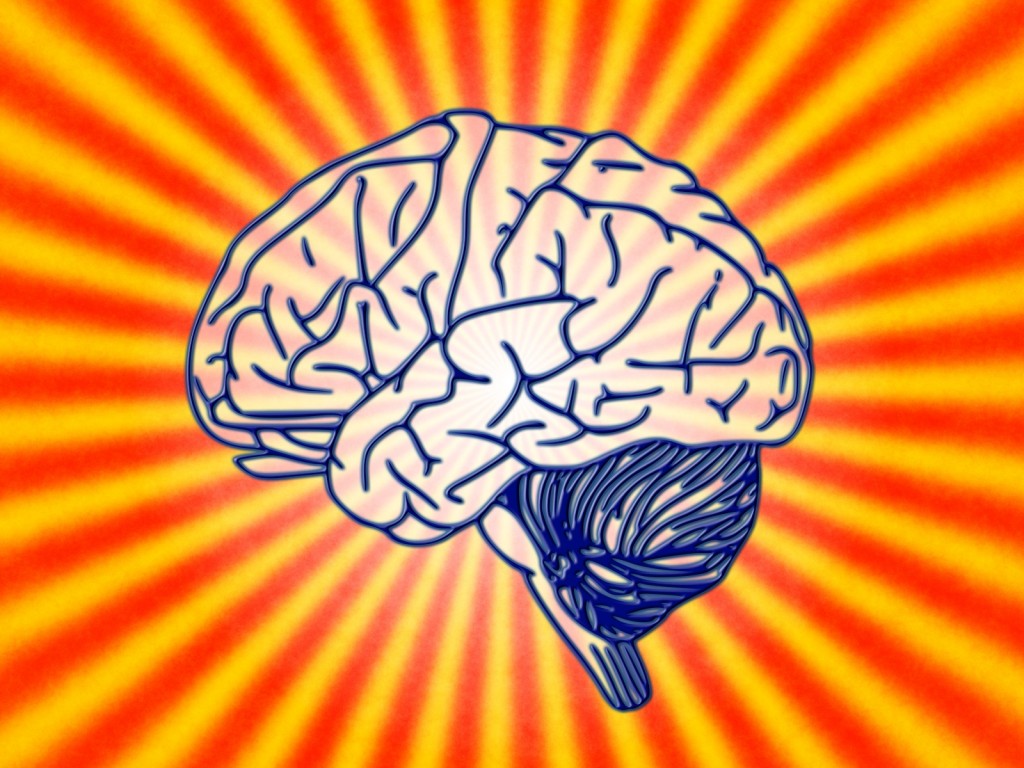 Before you run your next mile, think about what it might be doing to your brain. As it turns out, physical activity may be benefiting your overall cognitive ability, according to new research.
Before you run your next mile, think about what it might be doing to your brain. As it turns out, physical activity may be benefiting your overall cognitive ability, according to new research.
A group of scientists recently reviewed data from dozens of studies on older adults. They discovered that those who exercised an average of at least 52 hours over the course of six months (and for an hour each session) showed improvements in their thinking skills. The study participants experienced specific, significant changes in mental sharpness, according to the researchers. These included improvements in processing speed, or the amount of time needed to complete a task; and executive function, or the ability to manage time, pay attention, and achieve objectives.
“The data seem to suggest … you have to keep exercise up for a while before you start to see these changes actually impact your life in a positive manner,” study author Joyce Gomes-Osman told CBS News (Salamon, 2018).
The reviewed studies all focused on older adults who were asked to exercise for at least four weeks. Their tests of thinking and memory skills were then compared to those of peers who did not start a new exercise routine. Of those who exercised, aerobic exercise was the most common type, with walking the most common form. Some studies incorporated a combination of aerobic exercise along with strength or resistance training.
In the end, the researchers concluded that ultimately any form of exercise was beneficial to thinking skills in older adults, in particular.
“I tell people to get moving,” Gomes-Osman continued. “We’re not made to be sitting around — we need movement. I encourage people to make an appointment with themselves to get moving and to keep it up for a while.”
But there are other ways we can work to maintain our cognitive health as well.
Mental stimulation through means, such as word puzzles or math problems, can help over time. Experimenting with other things that require manual dexterity as well as mental effort, such as drawing and painting, can also be beneficial (“12 ways to keep your brain young,” 2018).
Feel free to speak to your doctor about ways you can improve your overall well-being to maintain your mental health over time. He or she may have tips on how you can eat healthier and stay active to maintain your cognitive ability as you age.
References
Salamon, Maureen. “Here’s how much exercise you need to keep your brain sharp.” CBS News. Retrieved June 11, 2018, from https://www.cbsnews.com/news/heres-how-much-exercise-you-need-to-keep-your-brain-sharp/.
“12 ways to keep your brain young.” Harvard Medical School. Retrieved June 11, 2018, from https://www.health.harvard.edu/mind-and-mood/12-ways-to-keep-your-brain-young.
